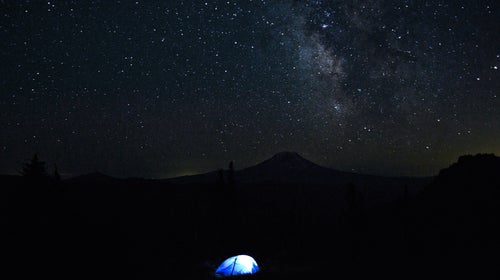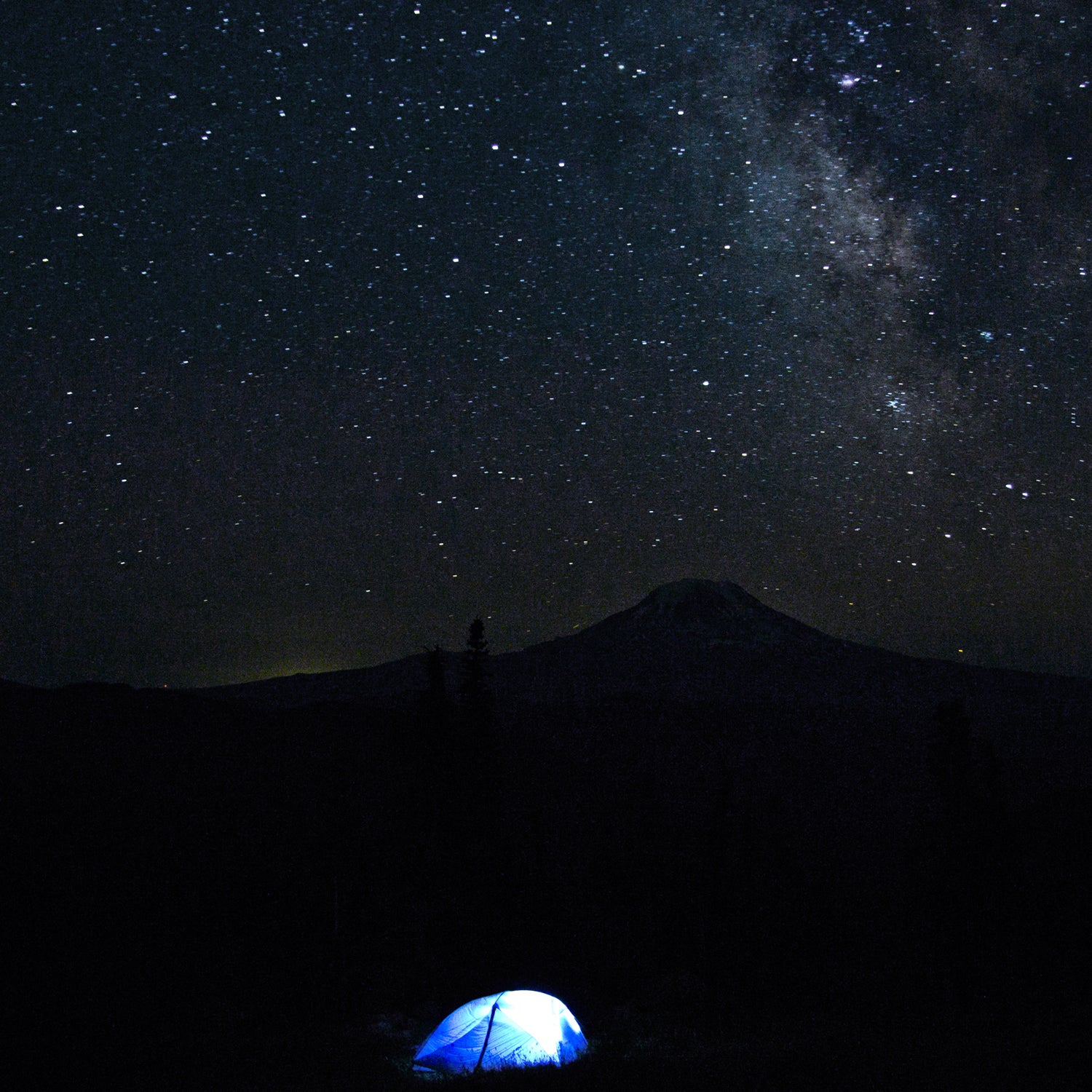If you're worried about not getting enough sleep, you can probably rest easy. A , suggests that people are not only getting enough sleep, but they have been consistently for the last 50 years.
Sleep researchers analyzed data from 168 objective (as opposed to self-reported) studies between the years of 1960 and 2013. Sleep data from over 6,000 healthy adults indicated that the common idea that there's a modern widespread sleep deficit just isn't right.
Over the past five years, there's been . We've heard about its health benefits, from improved learning and emotional well being to a healthier heart and a lower risk of obesity, . And other major health organizations, , have drawn our attention to the public problem of sleep deprivation, .
“We hear the message so often about how we donÔÇÖt get enough sleep that I think many people become concerned about it,” Shawn Youngstedt, lead researcher of the new paper told┬á║┌┴¤│ď╣¤═°┬áin an email.┬á“Ironically, this message probably contributes to insomnia, which can be triggered or exacerbated by excessive worrying about sleep.”
Our sleep paranoia could be leading to a different unhealthy trend, according to┬áYoungstedt.┬áThe risks of getting too much sleepÔÇömore than eight┬áhours of reported sleepÔÇöare at least as great as the risks of not getting enough sleepÔÇöless than six┬áhours of reported sleepÔÇöand some studies indicate that it's more common to get a lot of sleep than it is to sleep too┬álittle.
“So, from a public health perspective, long sleep might be a greater concern,”┬áYoungstedt wrote.┬á“Just like one can get too much water,┬ásunlight,┬ávitamins, or food, there are dozens of studies which suggest that one can get too much sleep.”
The bottom line? Shoot for between six and eight hours of sleep each night, and don't obsess about not getting enough of it.
In Other News
- , eight times as many as previously thought, according to a study published in Nature on Wednesday. But that's only a little more than half of the amount of trees that were on Earth before human civilization.
- An independent study from the nonprofit research organization in the Animas River near Durango on April 6, the day after the spill. Levels returned to similar to where they had been before the spill just five days later.
- The University of Oregon proposed that Hayward Field receive a makeover next summer. The  an expanded west grandstand and seating for 30,000. The University of Oregon Board of Trustees will decide whether or not to authorize the plan next Thursday.
- On Tuesday, will be held in Oslo, Norway, in February 2016. Summer and winter events will be combined for the first time in X Games' history.


